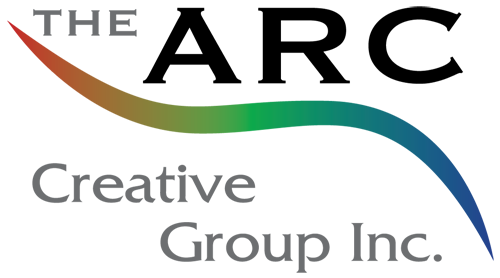
Babies and toddlers haven’t cornered the market on naps. Yes, a hearty snooze or two a day is sacrosanct for the under-4 set, but a growing body of research shows that strategic napping may be good for grownups, too. Short naps in the afternoon when energy is flagging can “reboot” the brain and improve performance, no caffeine required. Napping also may benefit heart health by lowering blood pressure. In a recent clinical study, participants who napped during the day had an average of 5 mm Hg lower systolic blood pressure than those who didn’t nap—a reduction comparable to other lifestyle changes, like cutting down on salt or alcohol consumption. Of course, many people’s work schedules don’t allow for napping. But if yours does, give it a try. To avoid grogginess and negative effects on nighttime sleep, stick with 10- to 30-minute naps. Be sure to talk with your physician if you’re frequently feeling tired during the day or taking long naps, as they may be a sign of an underlying health condition.
